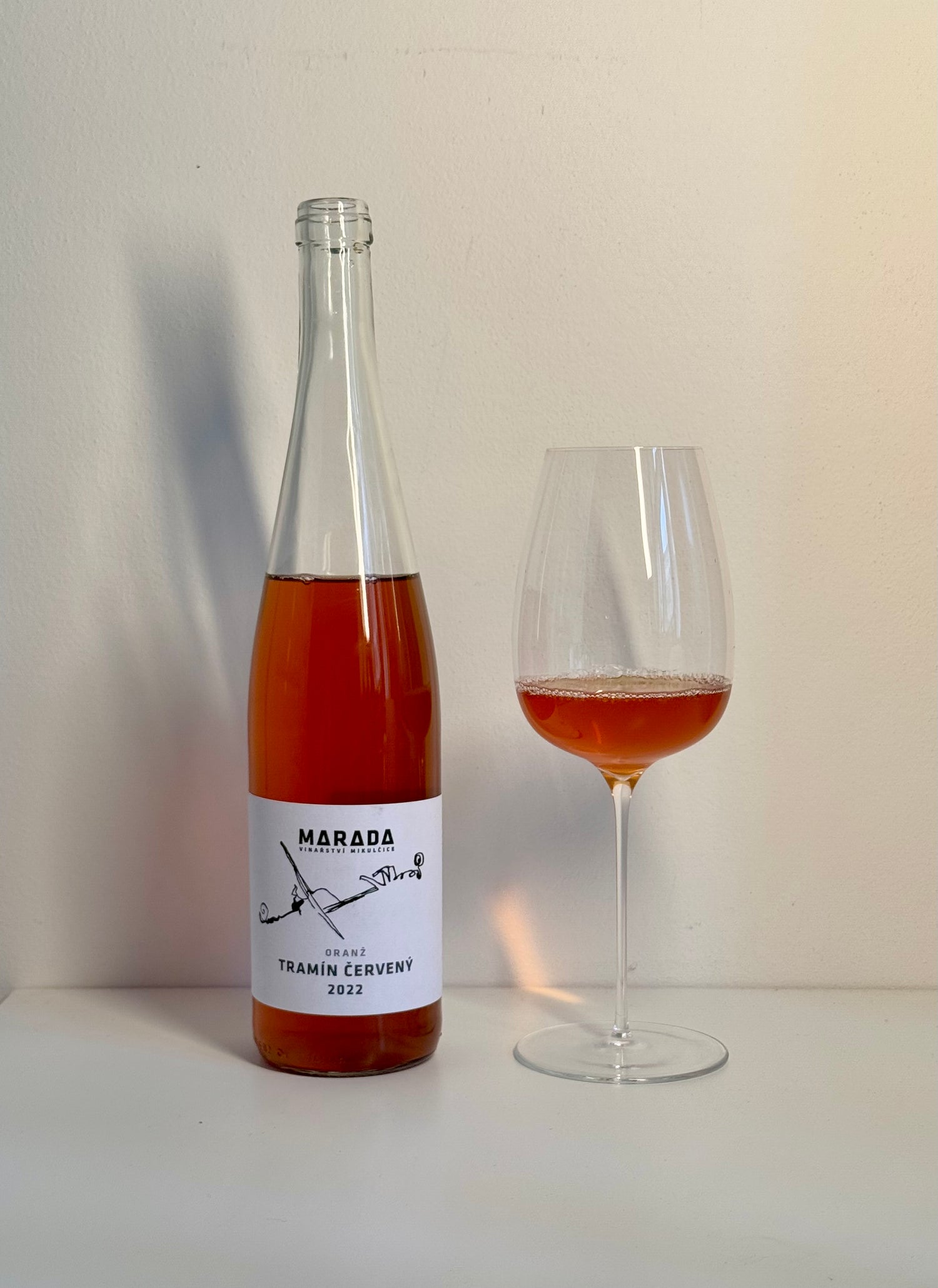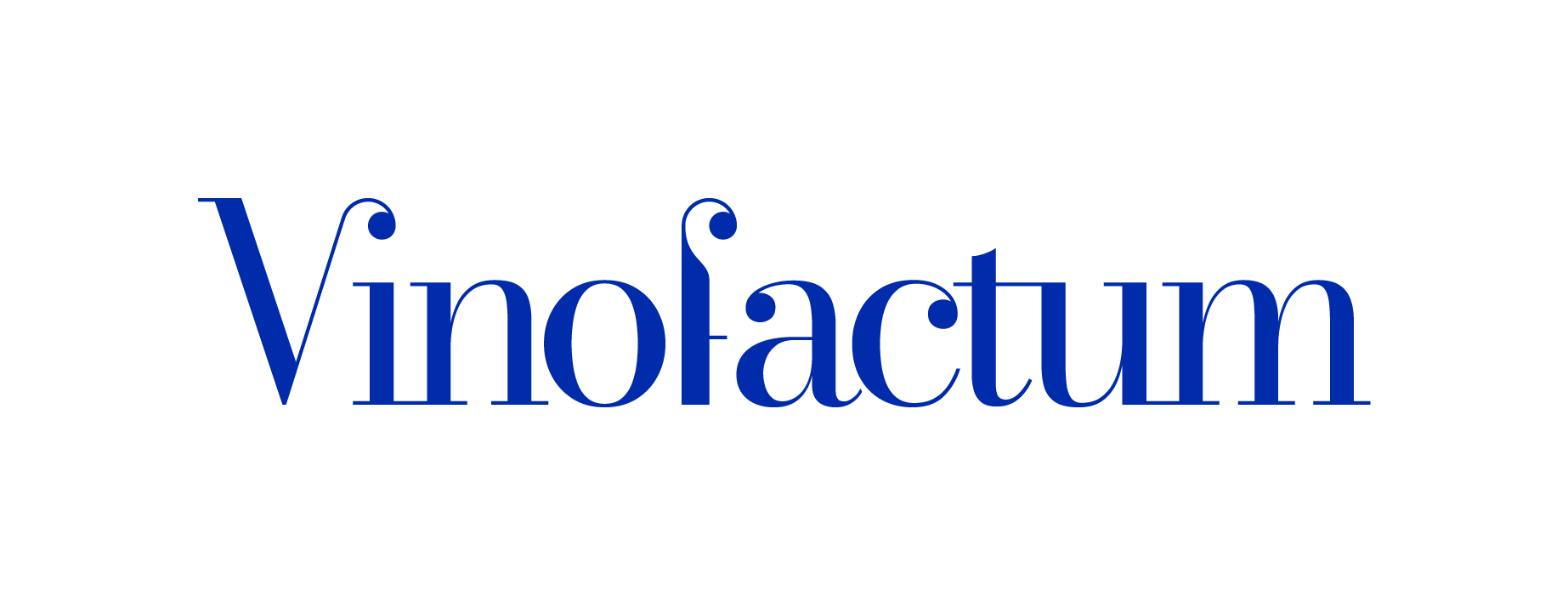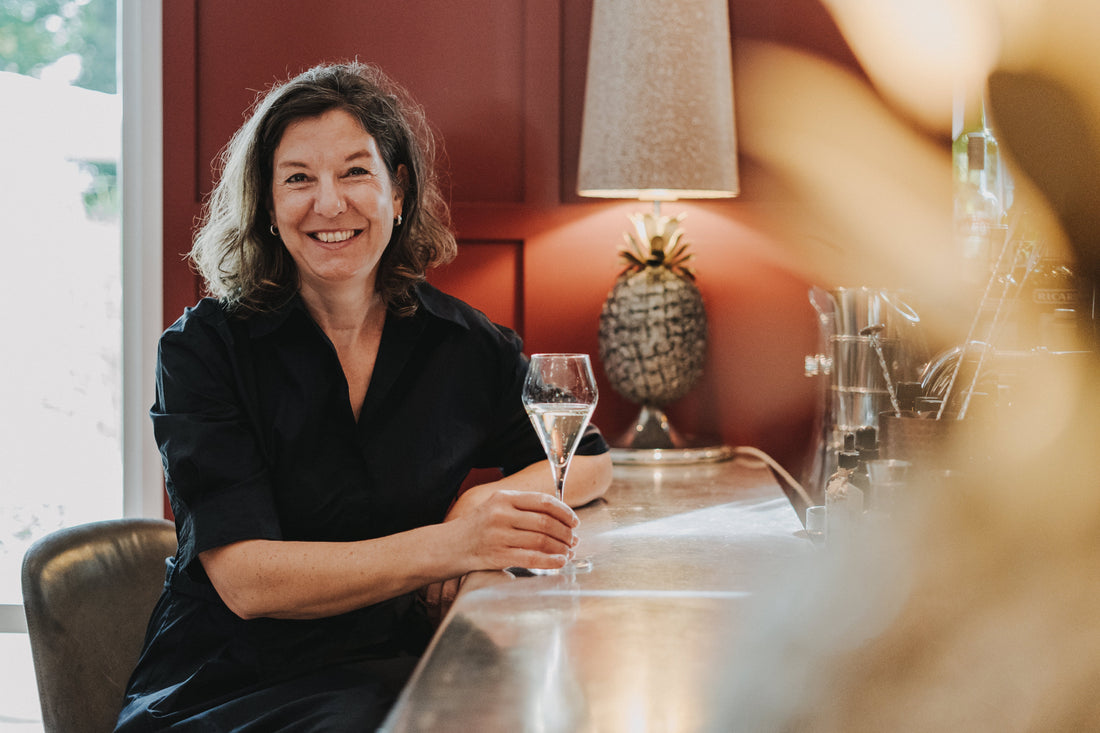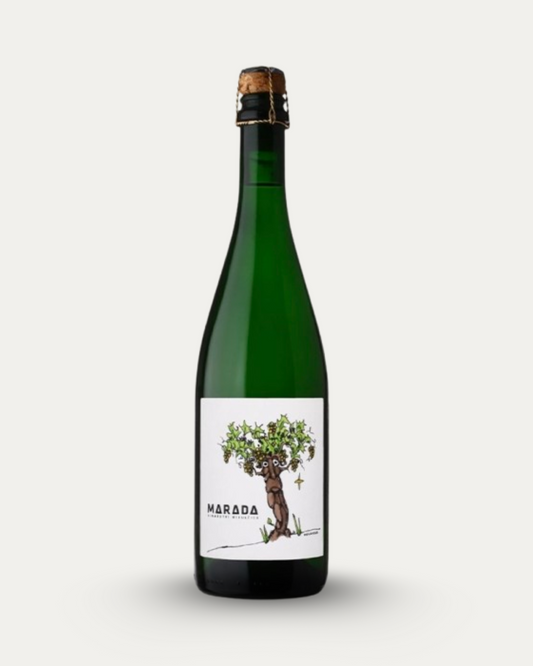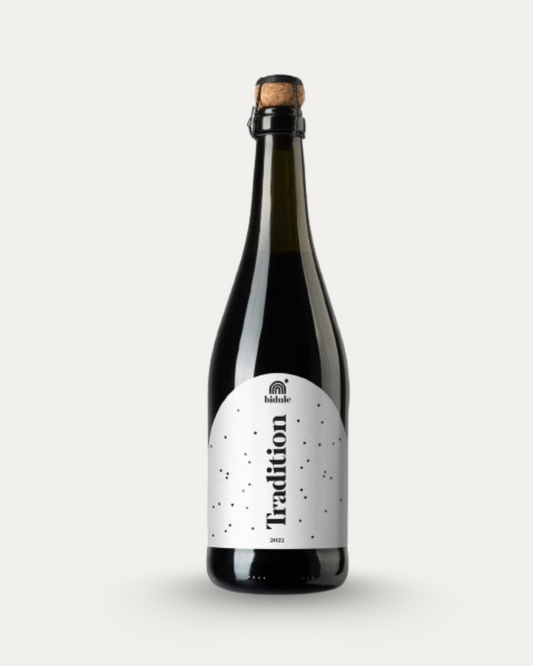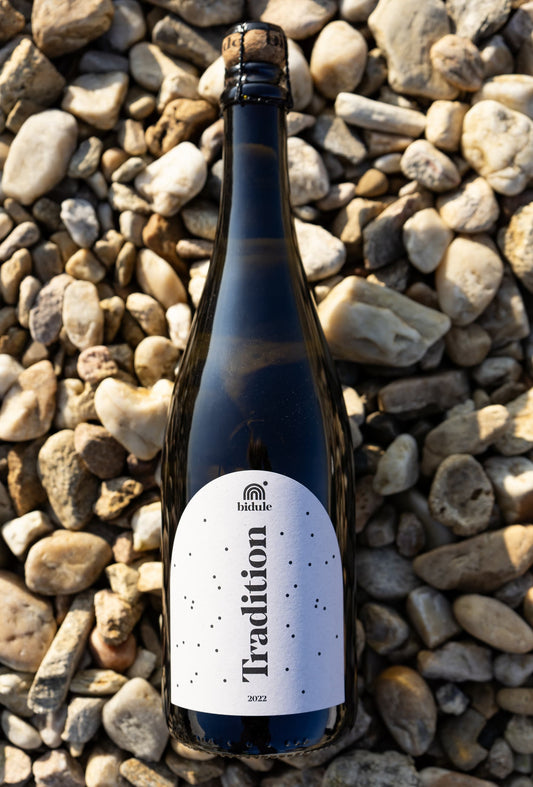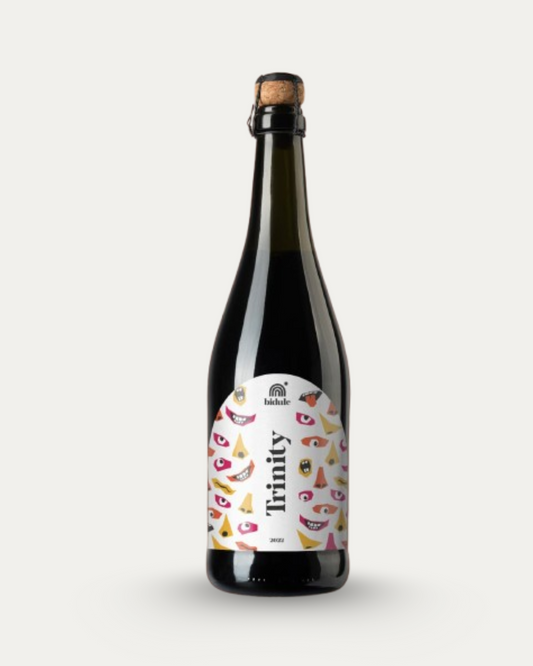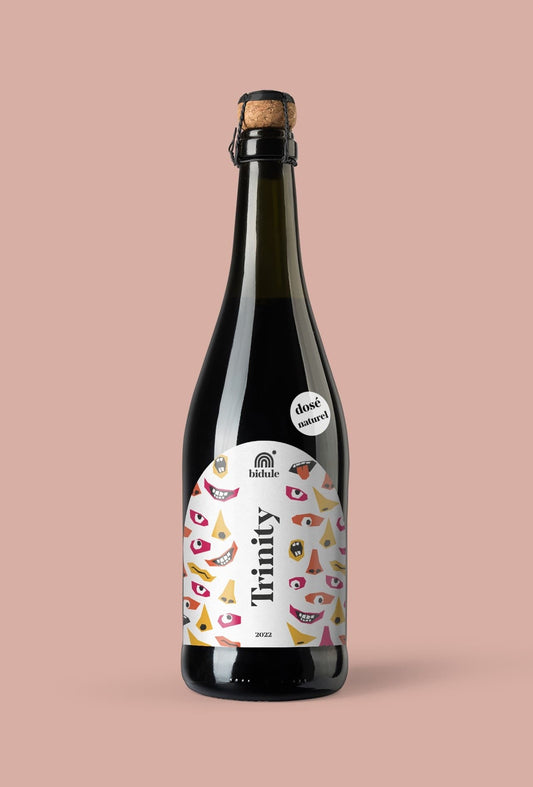Whoever said, “Choose a job you enjoy and you’ll never work a day in your life,” must have chatted with Nicole Wolbers as inspiration. (Fun fact: This quote was attributed to both Confucius and Mark Twain.) As an advocate of traditional-method sparkling wines from lesser-known regions, Nicole is one of the foremost authorities on bubbles.
Following a career in textile engineering, Nicole moved to California and worked in Santa Barbara’s top wine shop, studied in Napa and then London, where she completed her WSET diploma thesis on bubbles and earned a Champagne Bureau UK nomination. After moving back to her native Germany, Nicole founded schaumweinmagazin.de to spotlight German Sekt through education and tastings. Now based just outside of Berlin, Nicole writes about wine, judges competitions, and holds both the WSET diploma and Cava Educator / Expert certification.
Interview by Lauren Johnson-Wünscher, Berlin based wine and food writer / Images courtesy of Schaumweinmagazin
How did you get your start in wine? Did you have an “aha” moment or a wine that really drew you to the industry?
Having grown up in the Saar region, wine was always part of lunches and local events. We had the saying: “Wie Gott in Frankreich!” [literally "Like God in France!", a traditional German expression that means to live extremely well, luxuriously, or carefree. E. N.]
But wine remained a hobby for some time. I worked in the textile industry for many years, [and was] responsible for the production and buying departments, enjoying wine, hosting wine dinners and organising wine travels for friends and family on the side.
However, it was my move to Santa Barbara in California that really got me interested [in a career in wine]. Surrounded by one of the best wine regions, I decided to change careers and pursue one of my passions: learning about and working with wine. I started my wine education in Napa with Peter Marks MW and began working in the best wine shop and restaurant in town.
What attracted you to sparkling wine?
This was yet another move… this time, from California to the UK. While completing my WSET Diploma at the London School of Wine, I became involved in the local wine scene and regularly judged at renowned competitions such as the IWSC. It was then that I became passionate about sparkling wine. Discovering the diversity, thriving on the high quality and recognising the global impact of England's sparkling wines was inspiring. I wanted to discover more about the world of sparkling wine. Most of all, I wanted to know how German Sekt fared at that time.
Even after all these years in my sparkling wine bubble, the category still fascinates me. I have a soft spot for underdogs, such as German Sekt, red sparkling wine and, at that time, English sparkling wine. I never understood why, despite [the popularity of] Champagne, sparkling wine has been under the radar, not only with wine enthusiasts but also, unfortunately, in the wine business. Thankfully, however, this has changed in recent years.
What exactly is about this type of wine that keeps your interest after all these years?
There is always so much to explore; it's such a versatile category. Just think of the variety of food pairings. This category is constantly evolving and changing, like the bubbles rising in the glass. That makes it fun to work with.
As someone who specialises in sparkling wine trends, what patterns have you noticed with sparkling wine, as we approach the halfway mark of 2025?
So far, the 2024 trends have continued. Prosecco and Crémant are still doing well. Although Brut Nature is said to be growing in popularity, the most important selling category is still Brut with 10–12 g/l of residual sugar. The average consumer prefers something uncomplicated with a balanced flavour and fine fruit notes. Sparkling wines fit the current consumer trend of well-being: unlike red wine where demand is in decline, they are light in body and alcohol and there are new ones around. Non-alcoholic sparkling wines add to this demand as, due to the presence of CO2, they offer more sensation on the palate in this special trend.
That said, I'm still a bit surprised that Germans don't opt for traditional-method sparkling wines, which offer a much better taste experience than the majority of cheap, mass-produced Sekt available in supermarkets (making up over 97 % of all German sparklers). It is astonishing to see countries with a long sparkling wine tradition, such as Slovenia and Croatia, rise in popularity. The latter is also strong in the trend of pétillant naturel wines, where the bubbles are created in a single fermentation in the bottle.
It’s been said that during tough economic and political times, movie ticket sales increase because people are looking for an escape. Does sparkling wine see this same boost in consumption during tough times?
When looking at the years of the pandemic, there was a drop in sales for both still and sparkling wines. In Germany, sparkling wine sales were 3.2% lower in 2020 than in 2019, and around 8% lower globally. This was primarily due to sparkling wine's association with celebratory occasions, which were heavily curtailed by lockdowns, event cancellations and restaurant closures. Nevertheless, people spent more money on individual bottles, opting for higher quality. Statistics show that this category quickly recovered from the pandemic. The political and financial situation today, however, is more severe.
I would argue that 2025 will be a challenging year for the wine industry as a whole. Markets and consumer habits are changing, and there is less brand loyalty. There are also political and climatic challenges. While demand for high-priced Champagne is declining, other sparkling wines, such as Prosecco and Crémant, are trying to take its place. Consumers are looking for better value for money, of course. However, if we look at the global picture, sparkling wine sales are doing well overall, with some markets experiencing growth. Keeping in mind that it has only a share of 7 % in the global wine production.

If you had to sum up sparkling wine in three words, what would they be and why?
Sensation - culture - versatile.
Sensation: Compared to still wine, which I also enjoy, sparkling wine offers an even greater complexity of taste. The effervescence accentuates the nuances of the aroma and flavours, making it something special. Flaws in sparkling wine cannot easily be hidden, as the little air bubbles will highlight them. This makes it a challenging wine to produce. If a winemaker makes a mistake with the base wine, the flaw will be amplified until the finished product. A good sparkling wine shows the perfect balance of acidity, aroma, body and mousseaux, creating the best possible sensation.
Culture: Just look at the history of Champagne – it's like something from a film. This wine is the result of many countries influencing each other. Without the knowledge of each region, from the English to the Germans, Champagne wouldn't be known as the high-profile sparkler it is today. Sparkling wines are a good indicator of the current times — they were en vogue at royal palaces, but today they are more commonly used for parties. The invention of the tank [Charmat or Martinotti] method changed the whole German Sekt production process after the world wars, unfortunately not for the better.
Versatility: Many people forget that sparkling wine comes in all the styles one knows from still wine: red, rosé and white. [Vinofactum note: We'd also add skin contact as there are now many macerated bubbles, pet-nats as well as other methods! Just check our offer] There are sweet and dry options, as well as aromatic and mineral-driven styles. The best thing is that it is extremely food-friendly. It's great to start with as an aperitif and to enjoy throughout the meal.
What’s the biggest misconception people have about sparkling wine?
The biggest misconception is that sparkling wines are only for celebrations or summer days. As mentioned previously, there is a wide variety of wines available. In my opinion, they often add another complexity when paired with food. Traditional-method sparkling wines, especially the aged styles, complement difficult dishes such as truffle risotto perfectly. Pairing a sparkling Gewürztraminer with choucroute adds the perfect fruitiness. Alternatively, why not try a sparkling red with a barbecue?

Which wine region that you’ve visited has had the biggest impact on you and why?
I will now return to where my passion for sparkling wine began: the UK and Germany have had the greatest impact on me. While the UK experience was unconstrained by tradition, the producers chose the high-end quality route of the traditional method. It was here that I realised sparkling wine (made outside of Champagne) could be exceptional. Before the world wars, Germany was a fierce competitor to Champagne – all sparkling wines were bottle-fermented at that time. Unlike the UK or Champagne producers, after the wars, the large German Sektkellereien abandoned this labour- and time-consuming production method, opting for the new, faster and cheaper Charmat method. Having grown up with this image, I had then discovered that, in recent decades, ambitious producers have been reshaping the future. This inspired me to learn more about the new sparkling wines. I quickly noticed that there was no platform for consumers or trade, so I founded Schaumweinmagazin, an online resource that educates readers and provides insights into the sparkling wine scene.
If you could go back and give your younger self advice on getting started in the wine industry, what would it be?
Curiosity - passion - thinking out of the box.
These three words offer good advice. One needs to travel and explore wine regions and winemakers, but most importantly, the wines themselves. Authenticity is best achieved when one is passionate about what one is doing. The wine business itself is not easy and is influenced by markets, critics, winemakers, consumers, and prices and trends. Just as wine has a personality, so does the complex mix of people working in the industry – some of whom, like the wine, can be difficult!
So, while it is important to follow one's vision, one should also sometimes step out of the wine bubble and think outside the box. It is important to look at the wine industry with new ideas and an open mind. I have often noticed that winemakers who have travelled the world can much better understand the current demand or requirements in the local market. Finally, younger starters should consider which area of the industry best suits them, in terms of both making a living and fitting their passion and skills.
